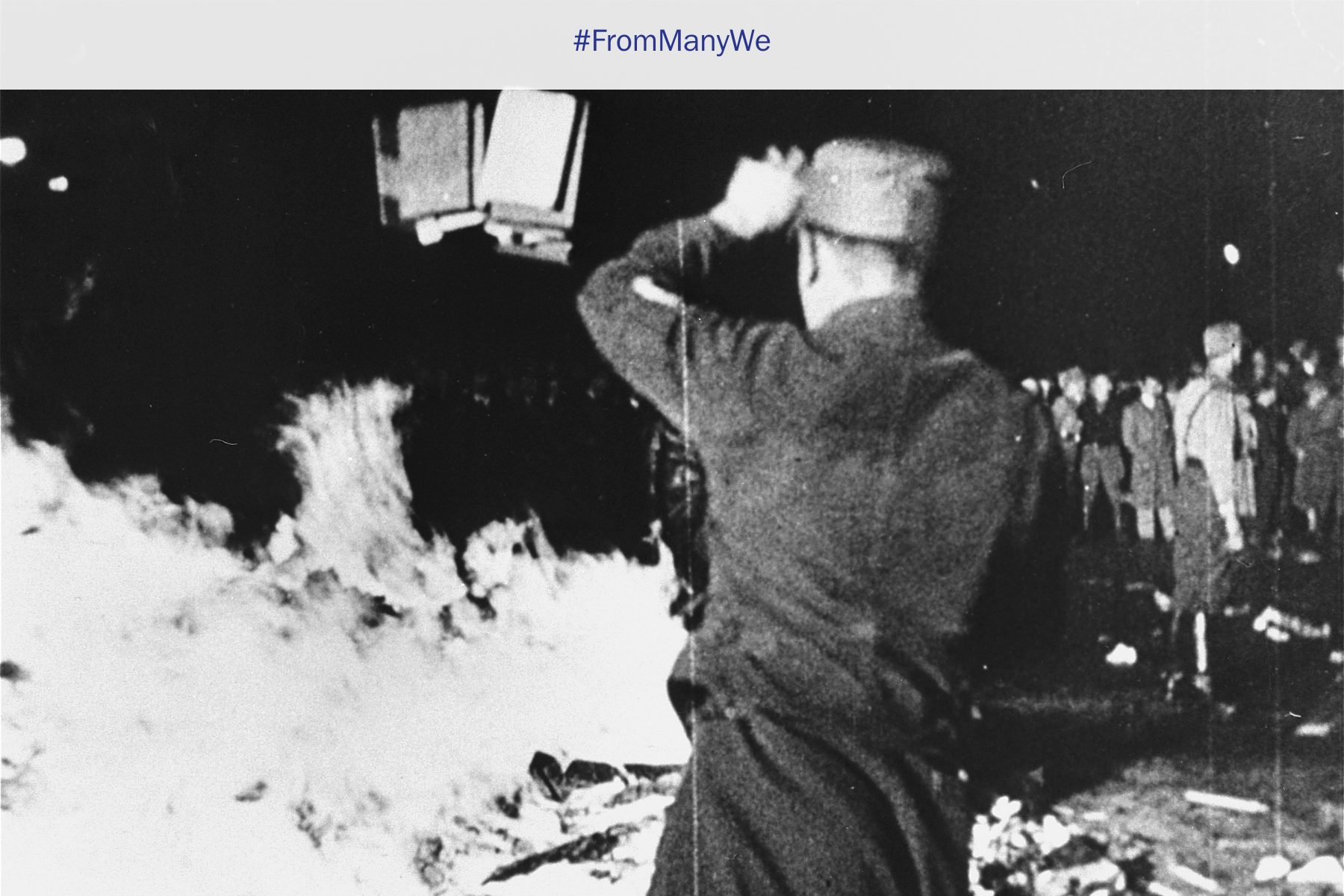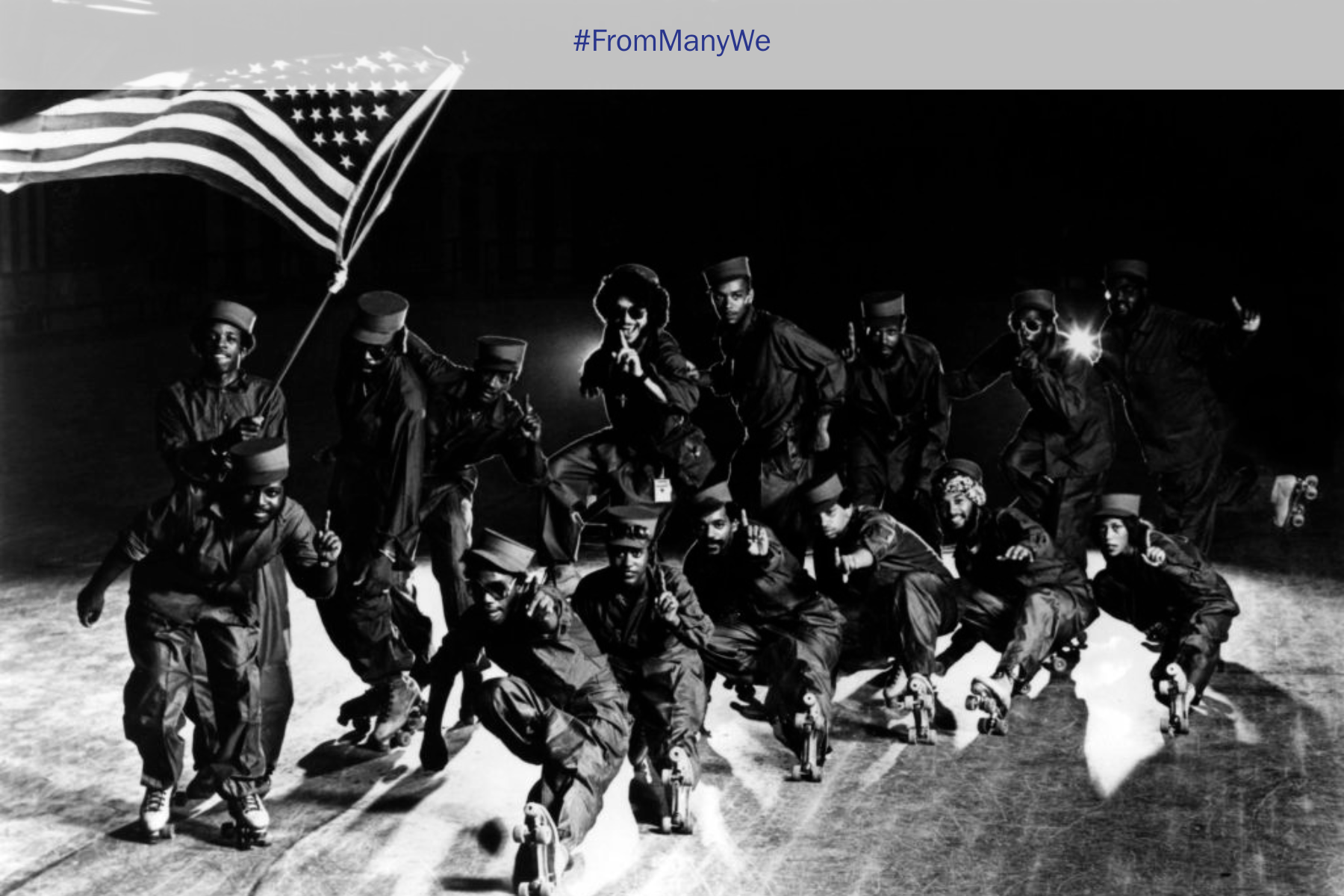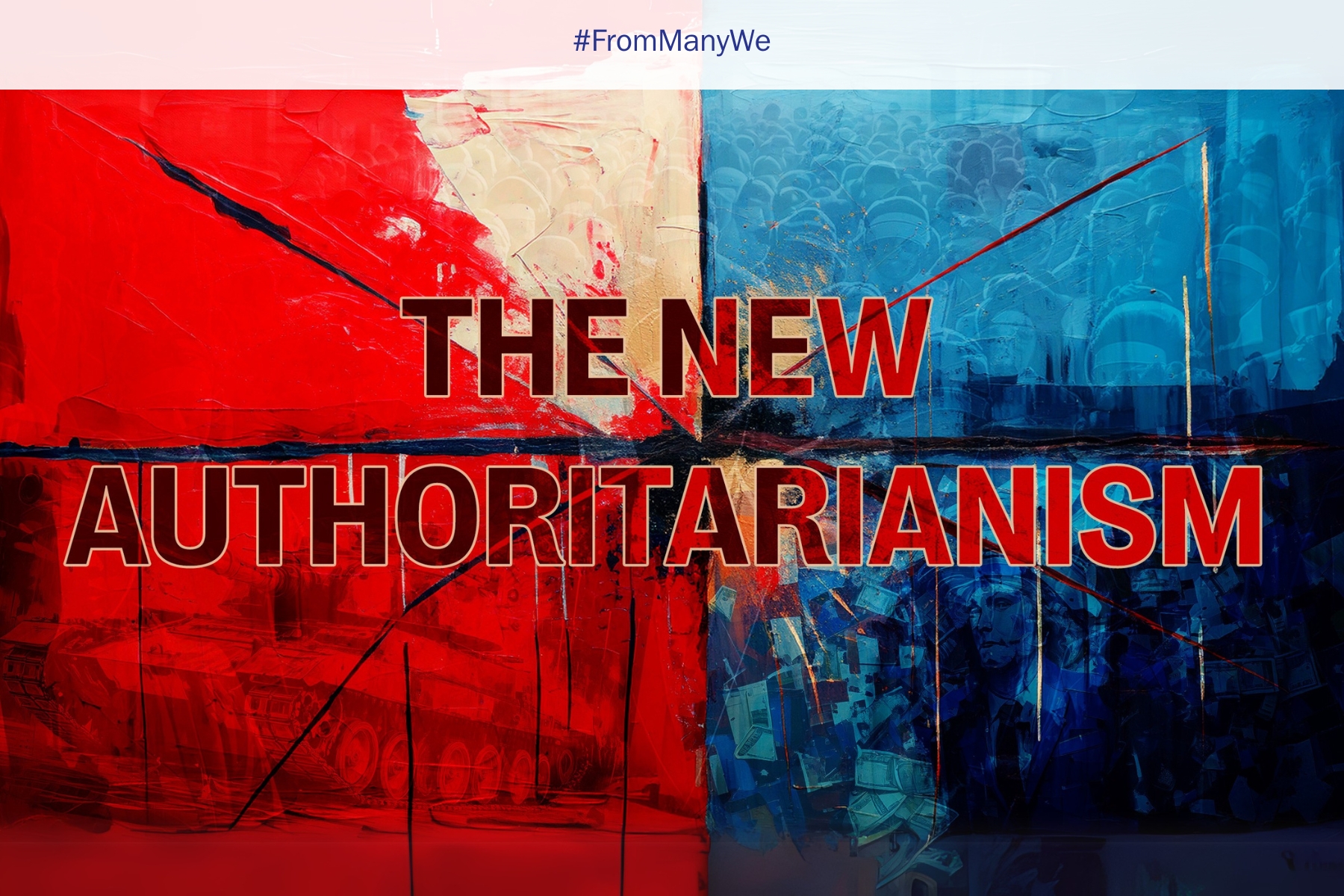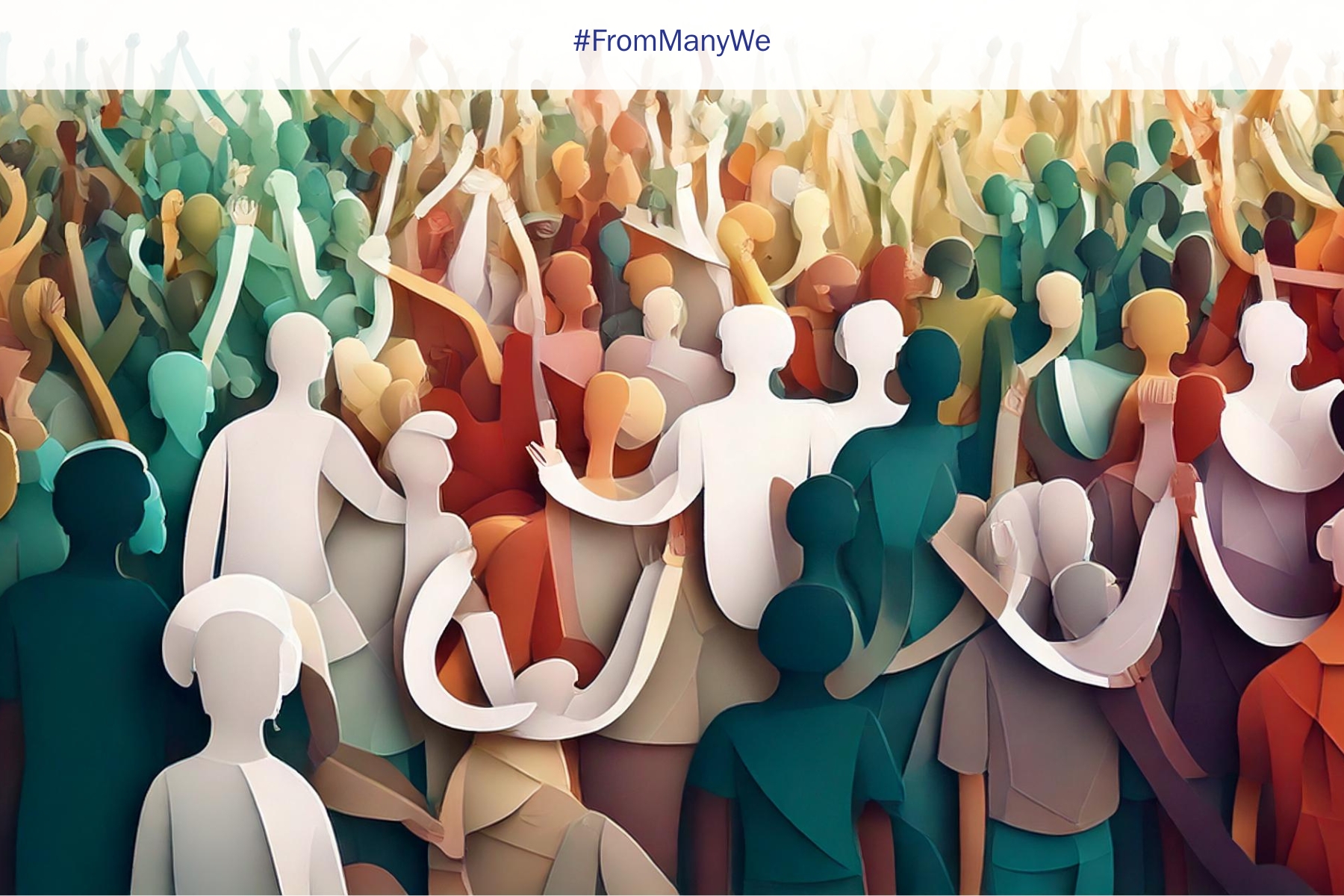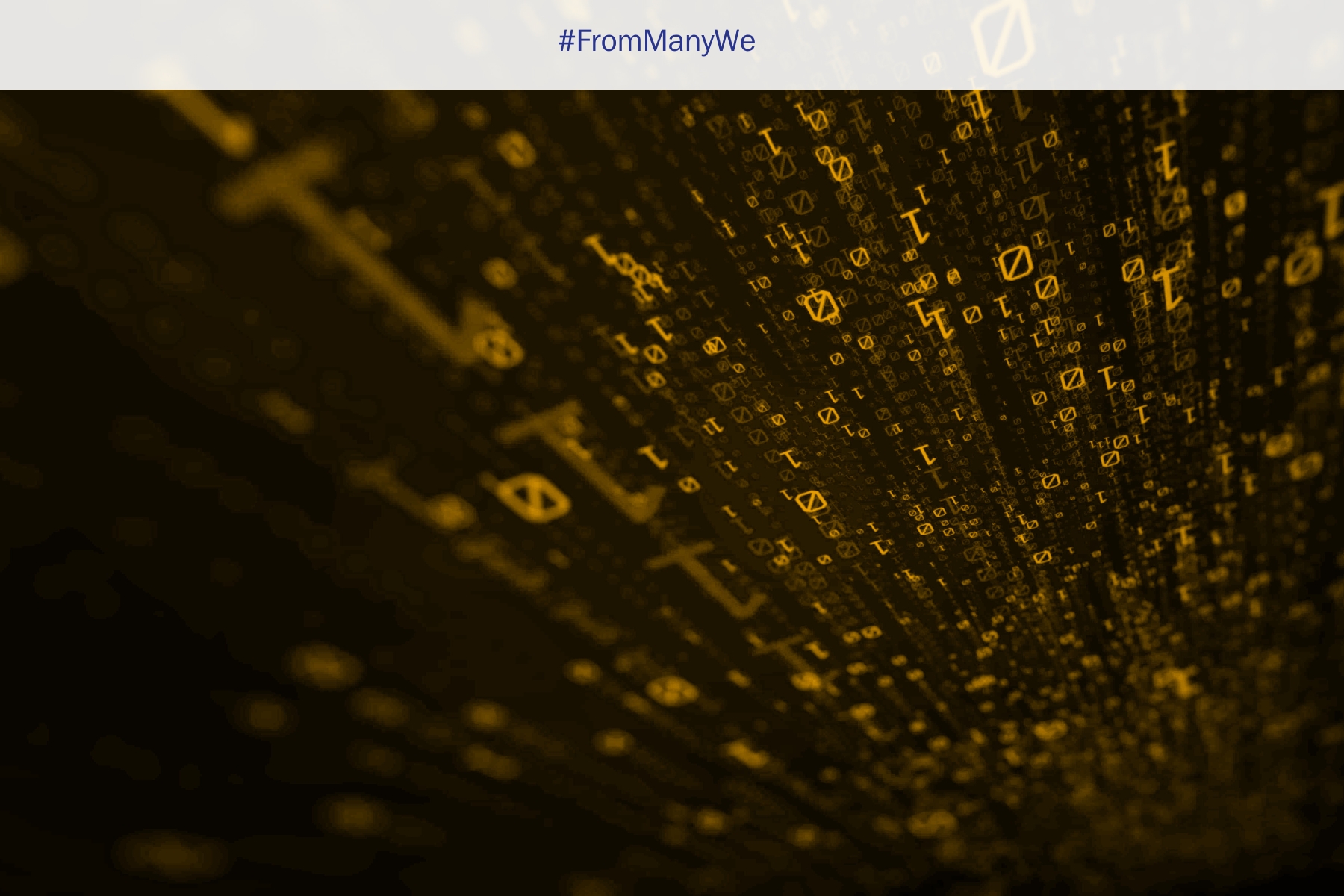To Counter Authoritarianism, Can Journalism Promote Democratic Culture?

Democracies run on truth because truths are critical for democratic decision-making. Journalism is one of democracy’s truth-determination functions (science and history being the other), and a critical part of it is to actively counter lies. Systematic lying is a hallmark of authoritarians and “wannabe fascists.” Lies, disinformation, and entire nonrealities are pumped into discourse by anti-democratic leaders and their abettors and turn large social groups against each other. Unfortunately, traditional methods of truth-determination in journalism are failing to serve democracy because they are not aligned with democratic culture. For journalistic culture to be systematically aligned with democratic culture, mainstream journalism’s codes of ethics need to shift away from the old model of neutrality in its coverage of all controversies and conflicts. Democratic values must be integrated deeper into the core journalism practices of newsworthiness, determination, and sourcing.
Democratic Culture
Political scientists define democracy around institutions, elections, and the broad protection of civil liberties. But there is more dynamism in the meanings of democracy beyond government, and that is where the term democratic culture really emerges.
Like his teacher John Dewey, Bhimrao Ambedkar (Dalit architect of the Indian Constitution and first law minister) saw democracy as a way of life where communication between people plays a key role. In his 1949 speech, Ambedkar pointed out that democracies would become dictatorships without social, lived democracy. Democracy “means a way of life that recognizes liberty, equality, and fraternity as the principles of life,” said Ambedkar.
The historian Sophia Rosenfeld has documented another defining feature of democracy: the sanction for truth and truth-seeking. Rosenfeld says that in democracy, no single institution or group of people has a monopoly over truth. “Truth would be the foundation on which policy got made but also a kind of product of democracies. Something like an aspiration,” says Rosenfeld. Democratic culture elevates truth-determination and is therefore fundamentally anti-authoritarian.
In contrast, to win power through elections, authoritarians and would-be fascists attack democratic culture with lies. They subvert public confidence in the democratic way of life by exploiting friction, discontent, and anxiety. Their weapons of subversion and delegitimization sow lies and confusion through all means available, including through news and social media.
How Traditional Journalistic Culture Is Failing Democracy
Journalistic culture helps reporters, editors, creators, and producers make hundreds of decisions under the fury of deadlines: How and when does a development become newsworthy? What is a fact and what is a mere claim? Which facts and claims are elevated? Which narratives are pushed, and which are sidelined? Whose perspectives are headlined and whose are not?
News values are shortcut criteria that help journalists quickly determine, with widespread peer acceptance, that a particular development, visual or audio, statement, decision, or claim is newsworthy. Examples of news values are conflict, controversy, bad news, celebrity, good news, catastrophe, corruption, and crime. News values are why one initial breaking story can create a news cycle that consists of tens to hundreds of stories from many outlets.
Controversies are usually considered newsworthy because they are a news value. But controversies are either legitimate or illegitimate. (Journalism historian Daniel Hallin first introduced the term legitimate controversy in 1986.) The origin of the COVID-19 virus was (and remains) a legitimate controversy. Large-scale ballot fraud in the US elections is an illegitimate one. But in traditional journalistic culture, journalists are not required to interrogate and decide the legitimacy of an alleged controversy before sourcing the claims. A wannabe authoritarian or anti-democratic actor can simply stoke controversies by claiming large-scale ballot fraud or denying climate change, and those claims will get coverage as if they are a legitimate side in a legitimate dispute.
Traditional journalist culture does not do enough to protect democracy because this could derail truth-telling. Simply covering all claims “neutrally” in the name of viewpoint diversity legitimizes a controversy that may not be one. This shackles truth-determination, hurts the elevation of settled truths, and cedes discourse power to powerful manipulators. Authoritarians and wannabe fascists are foremost among those who benefit from the free ride of broadcasting lies, sowing confusion, and providing a façade of legitimacy. In sum, misalignment happens when journalistic culture exploits controversy as a news value. Legitimate discourse is hindered by using the neutrality model to legitimize unfounded viewpoints.
Realigning Journalistic Culture with Democratic Culture
Journalism can elevate the norm of democracy that the people are sovereign, not the elite political class. When authoritarians and their abettors promote proven lies and deception, coverage can align with democratic culture while still reporting on the behavior and speech.
Some ideas that are not new but bear reiteration:
- Decide the legitimacy of what appears controversial when sourcing and comparing claims. Do not use political diversity as an absolute value to accord credence to lies and disinformation.
- Do not put authoritarians’ lies or misleading and outrage-inducing claims in headlines.
- The truth sandwich approach is aligned with elevating truth-seeking. Start with the truth, summarize authoritarians’ claims in brief without quoting directly, and debunk by reiterating the truth. Some journalists do this, but consistently doing this across the board, de-elevates anti-democratic leaders’ lies.
- Center political stories on what people want the candidates to be talking about, like the Colorado News Collaborative announced.
Mission-oriented journalists already confidently view themselves as a force arising from within democratic culture as opposed to outside it. This attitude has to be widespread. The nonprofit news organization Capital B defines its mission as pro-democracy and explains what the word means in specific terms to its coverage. This does not compromise journalists’ independence from the political institutions in a democracy.
Journalism as Pro-Democracy and Anti-Authoritarian
While democratic culture provides a pro-democracy frame in journalism, it can still be neutral toward the policy agenda of particular political factions and the elites who lead them. For example, when reporting on America’s chronic problems at the southern border with Mexico, journalists can cover diverse and well-reasoned policy solutions from different factions without carrying in the frames (often quotes) of racial fearmongering.
When journalistic work is aligned with democratic culture, it elevates democratic ways of living as exemplary, compared to anti-democratic, hegemonic, and hierarchical ways of living and oppression. Over time this helps sustain the democratic way of life, reduces the opportunities for wannabe fascists and authoritarians to expand their footholds, and maintains democracy against these threats.
Subramaniam (Subbu) Vincent is director of the Journalism and Media Ethics program at the Markkula Center for Applied Ethics at Santa Clara University. He focuses on developing tools and frameworks to help advance new norms in journalism practice and ethical news distribution.
From Many, We is a Charles F. Kettering Foundation blog series that highlights the insights of thought leaders dedicated to the idea of inclusive democracy. Queries may be directed to fmw@kettering.org.
The views and opinions expressed by contributors to our digital communications are made independent of their affiliation with the Charles F. Kettering Foundation and without the foundation’s warranty of accuracy, authenticity, or completeness. Such statements do not reflect the views and opinions of the foundation which hereby disclaims liability to any party for direct, indirect, implied, punitive, special, incidental, or other consequential damages that may arise in connection with statements made by a contributor during their association with the foundation or independently.

